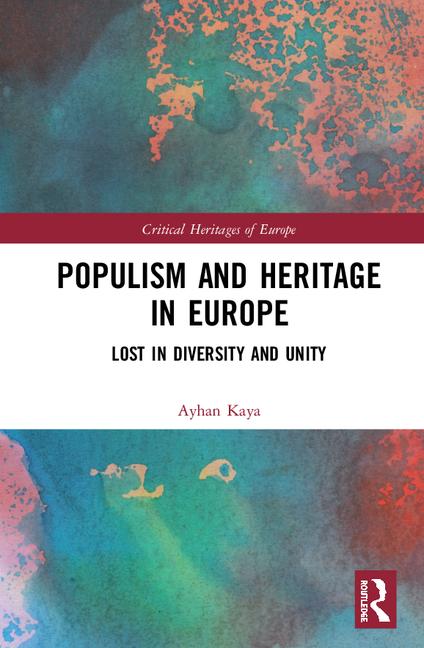Routledge publishing, Copyright Year 2021, Edited By Edip Asaf Bekaroğlu and Gülsen Kaya Osmanbaşoğlu
“Analyzing Turkey’s electoral geography, this volume evaluates the geographical repercussions of the elections in Turkey since the establishment of the multiparty politics in 1950. The book focuses on the last two decades, examining the interaction between electoral behavior and regional dynamics.
Various issues related to the geographical connotations of Turkish electoral politics are qualitatively and quantitatively addressed by scholars with diverse backgrounds in social sciences. The chapters examine how Turkey’s electoral geography has shaped over the years to correspond with a certain aspect of multiparty politics, such as voting behaviour, political parties and party system, nationalization and regionalization, redistricting, gender issues, identity dynamics, or ideological polarization. This comprehensive work contributes to the theoretical debates in electoral geography in general. Utilizing notions from electoral geography literature this book develops new concepts through the Turkish case.
Filling an important gap in the literature on Turkish politics, this contemporary analysis will be a key resource to policymakers, students and scholars interested in political science, Turkey and the Middle East.”
Table of Contents
1. Introduction: An Overview since 1950, Edip Asaf Bekaroğlu & Gülsen Kaya Osmanbaşoğlu
2. Measuring Party Nationalization in Turkey: 1950-2018, Özhan Demirkol & Edip Asaf Bekaroğlu
3. Gerrymandering in Turkish Elections Since 1950: (Re)Setting the Rules of the Game?, Gülsen Kaya Osmanbaşoğlu
4. The Dynamics of Change ad Differentiation in Voter Preferences in the Western Coastal Provinces of Turkey Since the 1980s, Tanju Tosun, Betül Aydoğan Ünal & Gülgün Erdoğan Tosun
5. The Regional and National Campaign Discourse of the PDP and its Predecessors in Turkey’s General Elections, 2002-2018, Hüseyin Alptekin
6. ‘Where are they doing politics?’: Women’s Cooperatives as Sites of Constellations of Power, Selin Akyüz & Kürşat Çınar
7. Election Monitoring Organizations in View of Electoral Geography: Regional Characteristics of Volunteer Networks in Turkey, Ayşenur Kılıç
8. Engendering the Parliament, Mezher Yüksel
9. An Analysis of Turkish Overseas Electoral Districts: Opportunities and Challenges, Necati Anaz & Mehmet Köses
Edip Asaf Bekaroğlu earned his PhD in Political Science at Bilkent University, Turkey in 2010. Since then, he works as a full-time faculty member at Istanbul University’s Department of Political Science and International Relations. Research interests are democratization, political parties and elections, secularism, and multiculturalism.
Gülsen Kaya Osmanbaşoğlu earned her PhD in Political Science at Bilkent University in 2014. She is a faculty member at the Social Sciences University of Ankara, Department of Political Science and Public Administration, and the deputy director of Social Innovation Center (ASBU-SIM). Her research interests are Turkish politics, political parties and elections, modernization, human rights, and social innovation.

